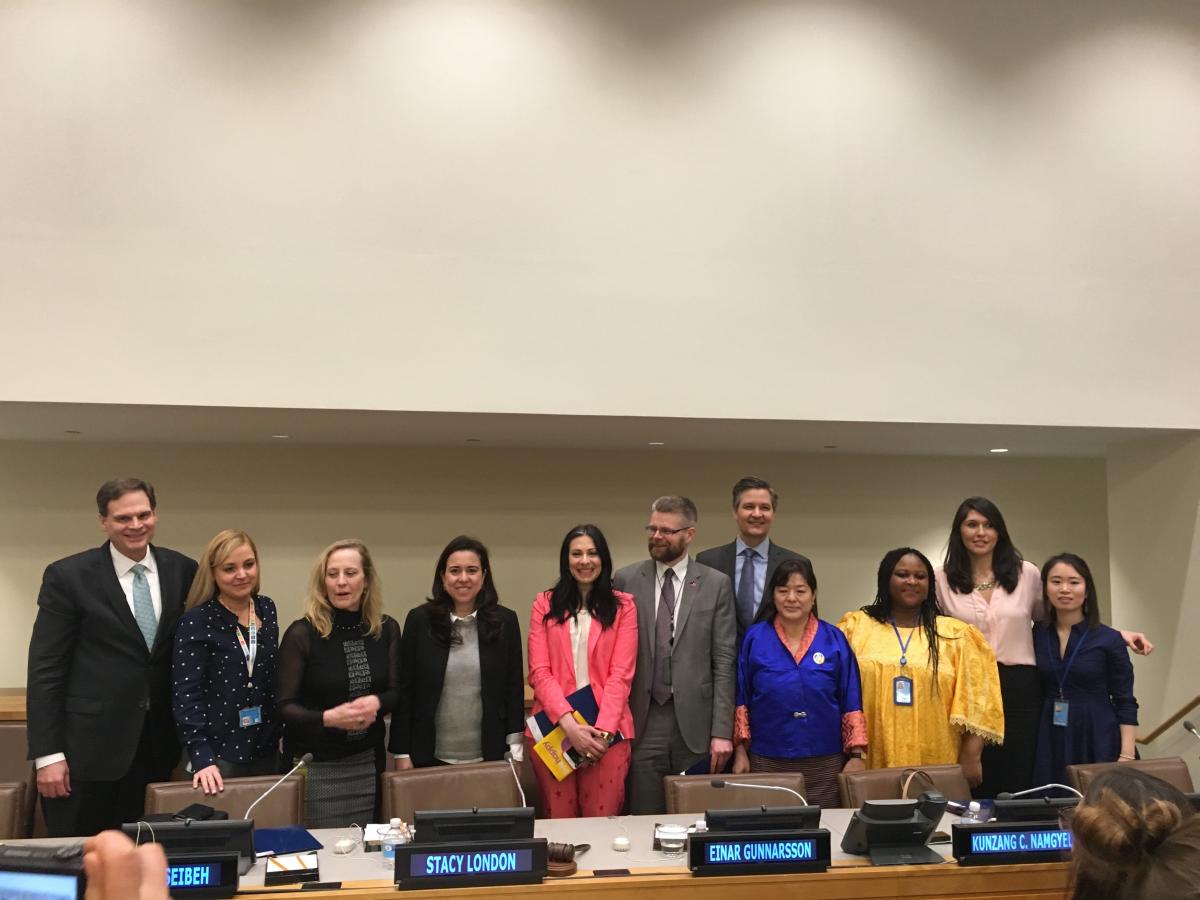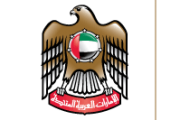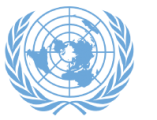
Mr. Jeffrey Brez,
Excellencies,
Distinguished delegates,
Madame Moderator,
It is a pleasure to be with you all today to discuss the cross-cutting themes of gender equality and happiness.
We are at an early stage in the new science of happiness and life satisfaction, but implications of research on public policy are enormous and that is where government and other sectors have a role to play. Development is traditionally quantified in financial and economic indicators.
However, the evolving field of measuring happiness offers a more dynamic, comprehensive way of thinking about collective well-being. All of us can agree to this, despite differences between people and cultures. Given their wealth of national experiences, I know that my colleagues gathered here today can attest that the focus on and promotion of happiness is an integral part of each of their own country’s success stories and will rightly link it to gender equality.
We know today that true happiness depends on social capital not only financial resources. Research shows that happiness is intertwined with all elements of sustainable development, and it is integrally linked to the promotion of human rights, especially gender equality. The nexus of these two topics – happiness and gender parity – is also deeply rooted in the UAE’s history and national experience.
To contribute to this discussion, I will outline the efforts of the UAE’s leadership in furthering gender parity and promoting happiness among all citizens.
Since our nation’s founding in 1971, the UAE’s leadership instilled the basic principle of happiness for all. Our founding father His Highness Sheikh Zayed bin Sultan Al Nahyan said, “One of the major achievements of the Federation, in my view, is realizing happiness for its society,” and and this has been a goal continued by his successors.
To that end, happiness and the overall well-being of our people has been a pillar of how we define our success. There is limited value to our development efforts if they are not directed toward making people feel that their lives are dignified. As a testament to how seriously we take this, last month, the UAE leadership confirmed its commitment to promoting happiness by appointing a Minister of State for Happiness, Her Excellency Ohood Al Roumi. [The UAE is now one of five countries to have a Minister of Happiness.]
The UAE’s appointment of Minister Al Roumi resonated with audiences around the world, including here at the UN, underscoring how important happiness is as a development aspiration and also underscoring that it remains at the forefront of Agenda 2030 and efforts to achieve sustainable development worldwide.
Since assuming her post, Minister Al Roumi has established three main focus areas to achieve her new mandate and has just submitted a 100-day plan to Cabinet: prioritizing happiness in policymaking; promoting positivity and happiness as a lifestyle in UAE society; and developing indicators and benchmarks to measure happiness.
Her first order of business is to mainstream the consideration of happiness in the policies, programmes, and services of all government branches and their respective workplaces, based on the understanding that this mandate will be cascaded across all federal ministries.
The Minister’s office has also been working on a set of guidelines for government agencies to follow to review the impact of their policy and programs across ministerial portfolios.
As a nation, we have put government services at the center of policymaking—and happiness and positivity will also be considered with regard to government services. Externally, the delivery of services to UAE residents will be reframed in terms of constituency happiness – focusing on reliability, clarity, kindness, and impact. Internally, the work environment within each government entity will be revamped with the establishment of an in-house happiness board, and we hope civil society and private sector will follow through.
Additionally, reflecting the UAE’s experience that mainstreaming innovation throughout government services must be realized through both top-down and bottom-up measures, it has been decided that happiness must be a priority on par with traditional management considerations like financial performance.
The second focus area is the promotion of values of positivity and happiness as a lifestyle indicator in UAE society. This will be done in part through raising awareness on the sources of happiness and its promotion through practices and tradition. Advancing such knowledge will be grounded in scientific research and cultural context.
For example, programmes will be implemented to align with the 2016 Year of Reading in the UAE, to encourage literary interest in happiness and positivity as an integrated lifestyle approach.
Further, a people-centred approach will be adopted that reaffirms the values of family and community underpinning the architecture of society in the UAE. All sectors including the private, civil society, academia and government will be engaged in implementing this agenda across the UAE community.
The third focus area aims to understand the effectiveness of the UAE’s interventions. The Minister will develop benchmarks and mechanisms for measuring happiness in the UAE, using a mix of international and locally-determined metrics. These indicators, like those of the SDGs, will be integrated into our national performance measurements, known as UAE Vision 2021, putting them firmly at the center of the national conversation.
Integrally linked to happiness is the principle of gender equality, which is a basic value of UAE society. Societies cannot be happy and cannot function if one-half of their members are not empowered. As a result, girls’ education is an over-riding development priority, and women are outperforming their male counterparts, comprising the majority of students in higher education. We also have laws on equal pay for equal work and fair board representation, and we’ve also prioritized youth. And as of last month, the UAE cabinet now boasts 8 female ministers, including a 22-year-old Minister of Youth. Institutionalizing the participation of women and youth in all sectors of society—in our view—sets the foundation for achieving happiness.
YOUTH COUNCIL
The UAE firmly believes that gender parity and promoting women’s rights and participation are at the core of peaceful and prosperous societies. The full empowerment of women is a prerequisite to the realization of the 2030 Agenda across all goals.
Achieving happiness in our society is putting into practice a longstanding pillar of UAE policy and society. By crystalizing the priorities of our nation in this way, we hope to spur new ambition and thinking. I have provided a snapshot of our agenda, but I hope today will be the first of many discussions on progress, as well as challenges, in efforts to advance development in the UAE and elsewhere in the world.
To quote Professor Jeffrey Sachs: “The basic point that well-being depends not only on wealth but also on the quality of our human relations is at once obvious but somehow absent from our politics and our daily discourse.”
The UAE believes that this conversation should be front and center, and our new Minister for Happiness has been tasked with making that a reality in our country. We look forward to sharing our experience of the experiment with you.
Thank you.


